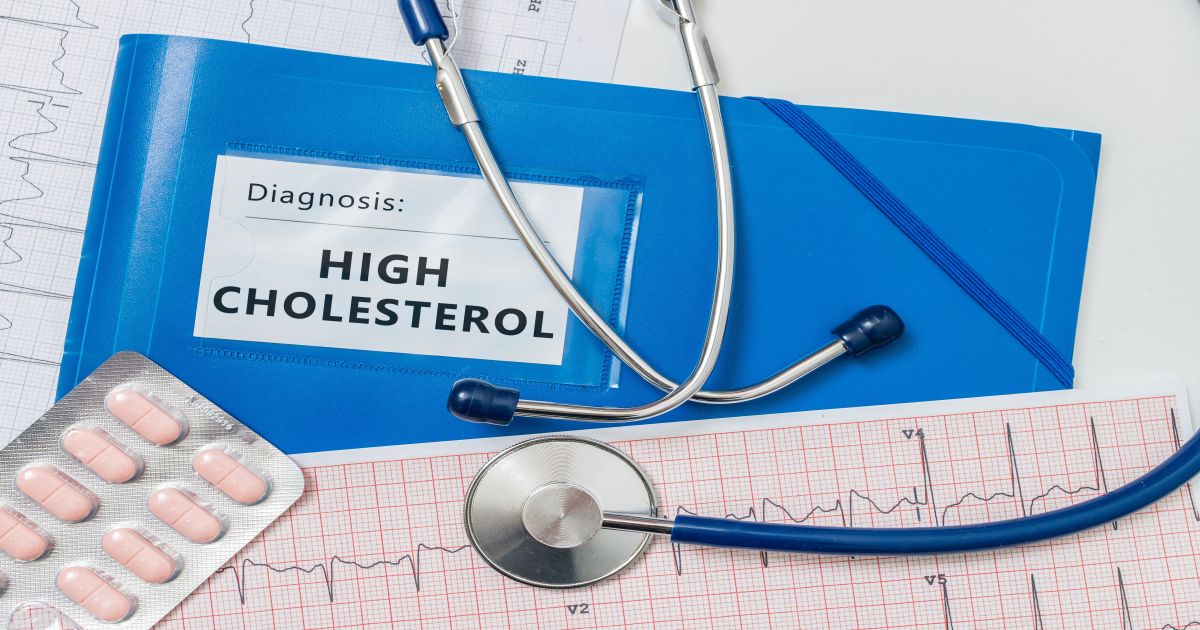Key Warning Signs Your Body Needs More Fiber
Bloating

Because foods low in fiber tend to sit in the gut for longer, they can cause a buildup of excess water and fluids in the body. An individual's level of hydration does not only depend on the amount of water they drink throughout the day, but also on the types of food the individual consumes. While sufficient hydration is key, when the body retains excess fluid because of elements such as the lack of fiber, it is not particularly comfortable or healthy. Frequent bloating, a feeling of swelling in the belly, is a sure sign one's diet does not contain enough fiber. Diets rich in fiber allow the body to expel wastes such as fluids much more quickly, ensuring individuals do not get bloated.
High Cholesterol

One of the unexpected side effects of not eating enough fiber is high cholesterol. High cholesterol, especially low-density lipoprotein cholesterol, which is considered the unhealthy variety, can lead to issues like heart disease. Soluble fiber, such as what is found in oats can attach itself to cholesterol molecules in the small intestine, allowing them to be flushed out of the body.
In a recent diet study, scientists discovered eating between ten and twenty-five grams of soluble fiber each day can lower total cholesterol by up to eighteen percent. Getting that much soluble fiber may seem challenging, but it is available in foods like oatmeal, black beans, lima beans, Brussels sprouts, avocados, and sweet potatoes. Insoluble fiber is another key type of fiber all individuals should have in their diet. This type of fiber is found in whole grains, nuts, wheat bran, potatoes, and cauliflower. This type of fiber provides bulk, which helps the digestive system process food.
